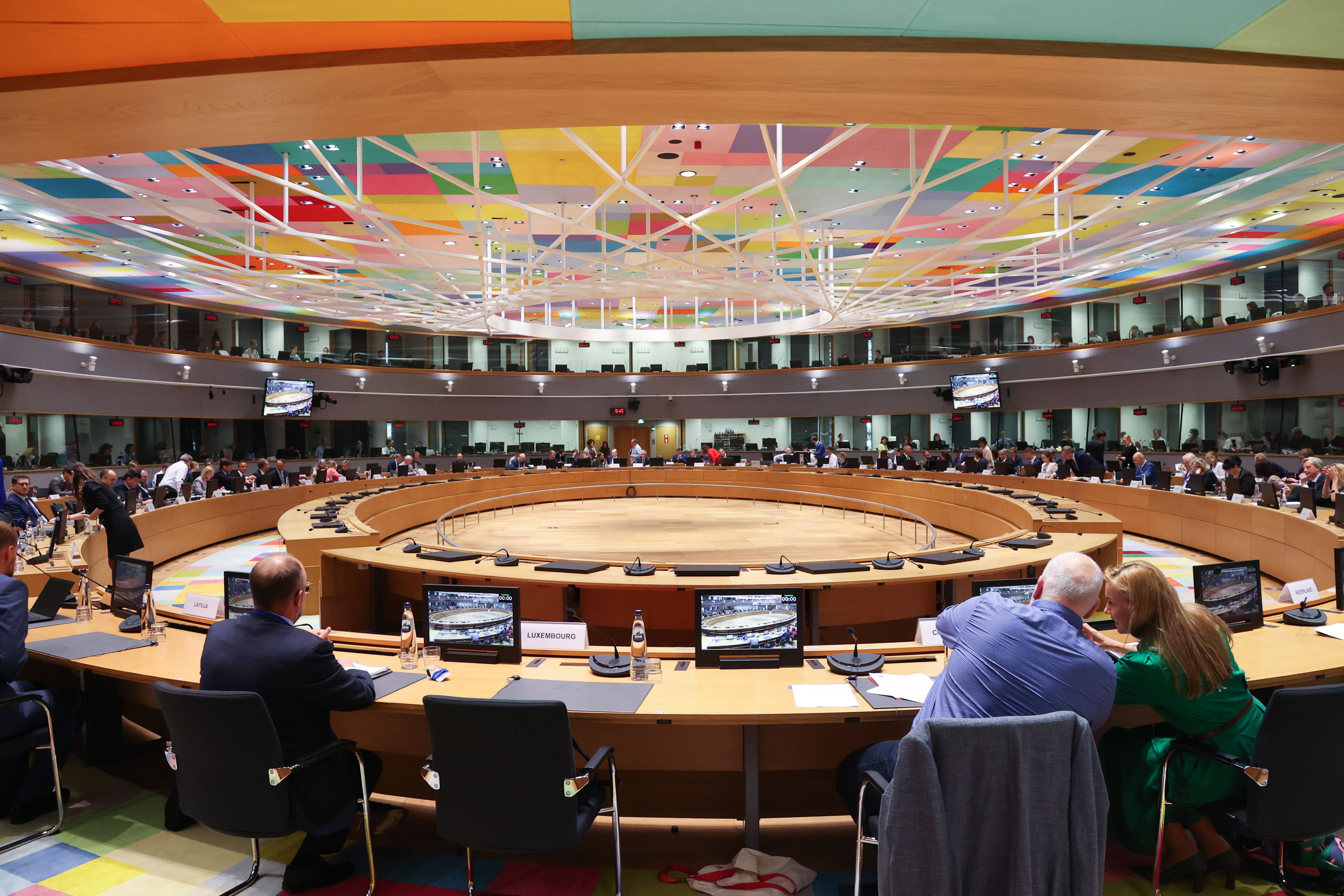For the moment, no movement on the issue. The debate on the official status of Catalan in the European Union will not be on the agenda for the next General Affairs meeting of the EU Council on January 29th, as reported by the newspaper Ara and confirmed by the ACN agency. Representatives of several member states have reiterated that they still need "more information" about what the recognition of Catalan, Galician and Basque by the European institutions could mean. In addition, they are asking for a "proposal accompanied by an analysis of its potential administrative, legal and financial impact".
The proposal to raise Catalan, as well as Basque and Galician, to official status within the Union has been on the agenda of the EU Council since first raised by Spain, early in its six-monthly tenure of the council presidency, on September 19th. The Spanish government undertook to seek official status for the three languages as part of the deal under which Together for Catalonia (Junts) agreed to support the Socialist (PSOE) candidate Francesca Armengol to be new speaker of the Spanish Congress. However, several countries have shown reservations. Spain promised member states that it would deliver legal and financial reports on the economic and material impact that the initiative would have, despite having reiterated on several occasions that the Spanish state would assume the cost. However, according to Ara, the other member states have not yet received the documents necessary to make a decision. Thus, the presidency is to analyze all the documentation at a technical level and for that reason it will not be discussed in the next meetings of the EU Council, since it is expected that publication of this material will take time.
The Albares order and the Belgian commitment
On Wednesday, the Spanish foreign minister, José Manuel Albares, urged Spain's ambassadors to defend the official status of Catalan in those countries where they are present and to continue working so that the three languages are official in the EU. When he did this, at the opening of the Conference of Ambassadors held in Madrid, it was an unprecedented occurrence, being the first time that a minister had given instructions in this regard in a conference like this.
On the other hand, it is now a month since Spain threw in the towel on achieving official status for the three languages before its six-month presidency expired, thus passing the ball to the next country to take the chair, Belgium. When the reform of the EU's language regulations was not put to a vote in the last General Affairs Council meeting of 2023, Spain's secretary of state for foreign affairs, Pascual Navarro, emphasized that the debate was still alive and affirmed that the new Belgian leadership of the EU would continue working to make Catalan official. In addition, he stated that he had the commitment of the Council to continue moving forward on the subject. "Of course, it's a commitment by the Council," said Navarro. However, it has already been ruled out that this commitment will be resolved before the end of January and the Catalan language still has a wait ahead before it is treated as an official language in the community bloc.

